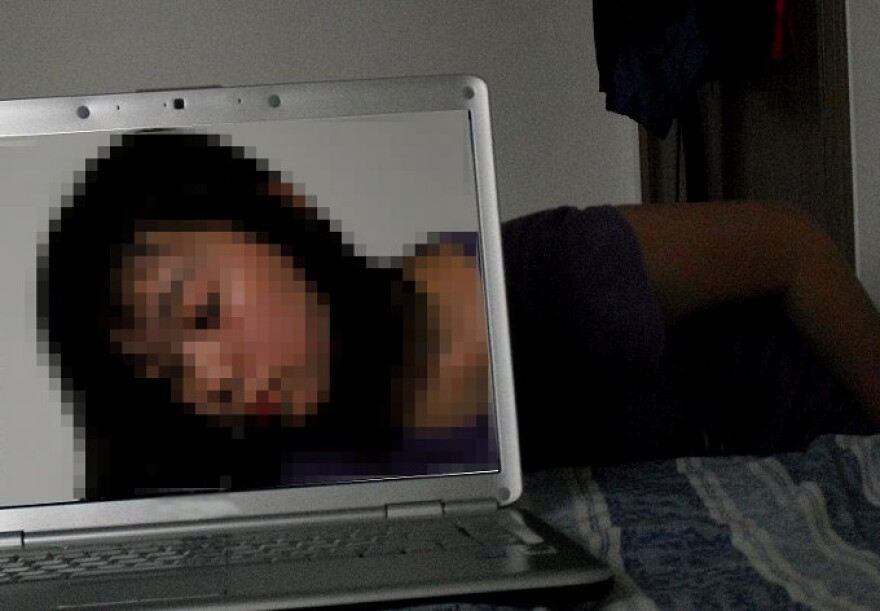Lovers in happy times often take pictures and videos of each other, sometimes in very intimate moments. But when there's a break-up, those images can be weaponized.
It happened to Holly Jacobs, a 30-year-old PhD-level researcher who lives in Florida. A month after her breakup, someone - she suspects her ex-boyfriend - posted nude pictures and sex videos of her all over the Internet, sometimes on specialty "revenge porn" web sites."I had to leave my job, I had to change my name, all of my relationships were potentially destroyed", Jacobs said. "Thankfully they weren't, but it put every aspect of my life at risk."
Jacobs went to the police and found out that no crime had been committed and that her only recourse option was a lawsuit that would be costly and offer no certainty except that the pictures would become public records. But she was not alone. Similar stories had reached the ear of a Seminole County State Senator named David Simmons. He was shocked at the power that the Internet puts in the hands of angry people.
"The ability of a person to literally destroy another person by publication that can go all over the world - that's a lot of power that's given to an individual to make some really bad decisions, destroy their lives and humiliate the other person", said Simmons .
Simmons's first revenge porn bill died in the 2013 Legislature but he'll be back next year with a new bill, partly designed by Mary Anne Franks, a University of Miami law school professor. Franks has made a specialty of protecting women from what she calls cyber harassment.
"What we find is the victims are facing serious issues of depression, thoughts of suicide", said Franks. "What happens is something that can devastate them professionally and personally and feeling as though they can't tell anybody what’s happened. Because it’s exactly the thing that's bothering them is the thing they can't talk about because more people will know about it."
Another issue for revenge porn victims is the common reaction that they brought it on themselves. Holly Jacobs encounters it frequently.
"Asking the victim why they took the picture in the first place is another version of blaming the victim", Jacobs said. "It's like telling a rape victim she shouldn’t have been wearing a short skirt"
A possible opponent of the revenge porn bill is the American Civil Liberties Union, which prizes free expression under the Constitution. Spokesman Baylor Johnson of the Florida ACLU acknowledged there is real harm being done and a real privacy issue at stake. But he said the solution should be carefully measured.
"People have to understand, you can’t create new exceptions to the First Amendment for every awful idea that people come up with", Johnson said. "It can make criminals of lots of people, even people behaving innocently."
Johnson said the ACLU would worry less about a revenge porn law if it applied only when there was an intention to harass or do harm. That language is in Simmons' bill, but Franks, the law school professor, says the victim suffers the same whatever the intent and she opposes the ACLU position. Meanwhile, she and Jacobs are continuing to work together in the Cyber Civil Rights Initiative, an organization that fights online harassment. And Jacobs is running a website of her own. It's called endrevengeporn.org."







